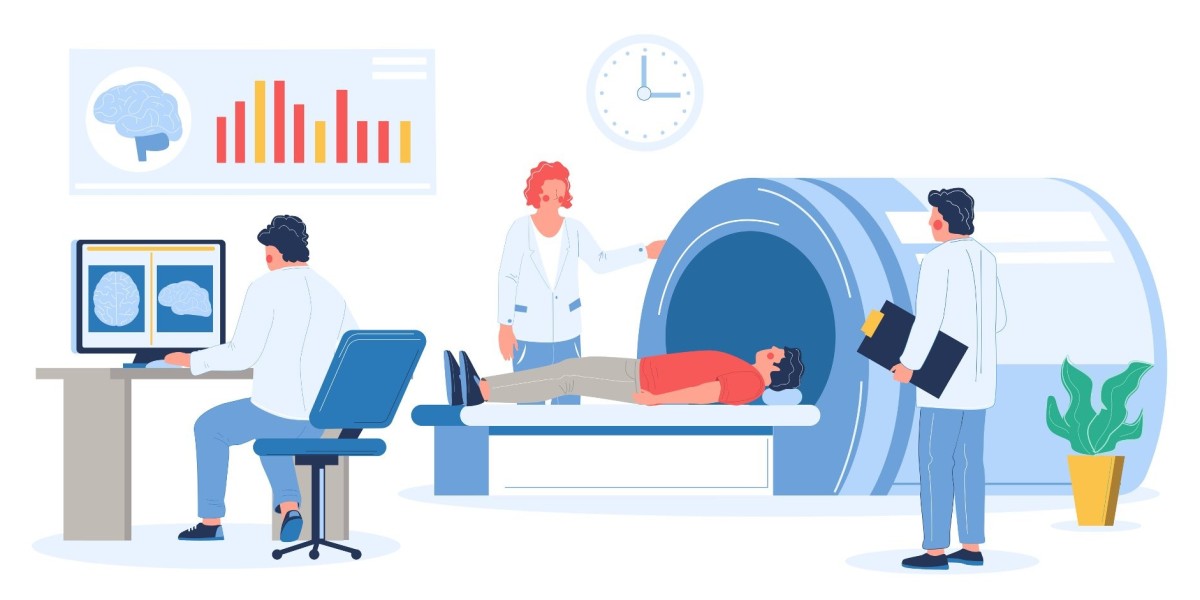Radiotherapy in Cancer Treatment: Benefits, Risks, and Survival Rates
Radiotherapy, commonly known as radiation therapy, is an important part of the cancer treatment process. It is critical in the therapy and management of this complex disease. We will look at the benefits and risks of radiotherapy, its function in cancer treatment, and the survival rates linked with this potent medical intervention in this article.
What Are the Benefits of Radiotherapy?
Radiotherapy offers several key benefits in cancer treatment:
- Tumor Shrinkage: It can shrink tumors or eliminate cancer cells, reducing the size of the tumor and making it more manageable.
- Curative Potential: Radiotherapy can be curative, eradicating cancer completely in some cases.
- Localized Treatment: It targets specific areas, minimizing damage to healthy tissues.
- Complementary Treatment: It can be used in conjunction with surgery, chemotherapy, or immunotherapy to improve the chances of success.
What Are the Risks of Radiotherapy?
Radiotherapy is a type of cancer treatment in which cancer cells are killed using radiation. It is a highly effective treatment for many types of cancer, but it does have certain drawbacks.
The following are the most prevalent side effects of radiotherapy:
- Skin issues: Skin problems caused by radiotherapy include redness, dryness, itching, and peeling. The skin may blister or become painful in rare circumstances.
- Hair loss: Radiotherapy can result in hair loss in the treated area. This hair loss is usually transient, and the hair will regrow after the treatment is completed.
- Weariness: Radiotherapy can cause tiredness and weariness. This weariness is usually very transient and will disappear after the treatment is completed.
- Nausea and vomiting: Radiotherapy can produce nausea and vomiting. This is generally transient and can be cured with medicine.
- Oral Difficulties: Head and neck radiotherapy can induce oral problems such as dryness, ulcers, and difficulty swallowing.
The possibility of developing adverse effects after radiation is determined by several factors, including:
- The type of cancer being treated: Some cancers are more likely than others to induce side effects.
- The cancer's location: Side effects from radiation to the head and neck are more common than in other areas of the body.
- The radiation dose: The higher the radiation dose, the more likely you are to experience negative effects.
- Your total well-being: If you are normally healthy, you are less likely to experience radiation side effects.
Before you begin treatment, your doctor will discuss the risks and advantages of radiation with you. They will also talk about how to deal with treatment adverse effects.
These are some pointers for dealing with radiation side effects:
- Problems with the skin: Keep the treated area clean and dry. Apply a cold compress to the affected area many times each day. Apply a little soap and moisturizer. Try not to scratch the surface.
- Hair loss: Protect your head from the sun by wearing a hat or scarf. Make use of a gentle shampoo and conditioner. Hair dryers and styling products should be avoided.
- Tiredness: Get plenty of rest. Maintain a nutritious diet. Exercise on a regular basis. Consult your doctor about anti-fatigue medicine.
- Vomiting and nausea: Eat small, frequent meals. Avoid foods that are fatty or spicy. Drink plenty of water. Consult your doctor about anti-nausea and anti-vomiting medication.
- Problems with your mouth: Brush your teeth gently after each meal. Several times per day, rinse your mouth with a saltwater solution. Brush your teeth with a gentle toothbrush and toothpaste. Consume no hard or crunchy foods.
Consult your doctor if you are suffering any side effects from radiation. They can assist you in managing your symptoms and ensuring that you get the most out of your treatment.
What Is the Role of Radiotherapy in the Treatment of Cancer?
Radiotherapy plays a pivotal role in cancer treatment:
- Primary Treatment: It can be the primary method of treatment for certain types and stages of cancer.
- Adjuvant Treatment: It is used after surgery to eliminate remaining cancer cells.
- Palliative Care: Radiotherapy can alleviate symptoms and improve the quality of life for patients with advanced cancer.
- Preoperative Treatment: In some cases, it's used before surgery to shrink tumors, making them easier to remove.
What Is the Survival Rate for People with Cancer Who Are Treated with Radiotherapy?
The survival rate for cancer patients treated with radiotherapy varies according to the type of cancer, the stage of the malignancy, and the person's overall condition. Radiotherapy, on the other hand, is a highly effective treatment for many forms of cancer and can dramatically improve survival rates.
The American Cancer Society reports that the 5-year survival rate for all malignancies combined is 67%. This suggests that 67% of cancer patients will be alive 5 years after being diagnosed. The 5-year survival rate for several cancer types routinely treated with radiation is as follows:
- Breast cancer: 90%
- Prostate cancer: 99%
- Cervical cancer: 80%
- Hodgkin lymphoma: 90%
- Non-Hodgkin lymphoma: 73%
It is crucial to remember that these are only estimates; an individual's actual survival rate will depend on a variety of circumstances, including the kind and stage of their cancer, their overall health, and their reaction to therapy.
Radiotherapy is a crucial component of cancer treatment, offering numerous benefits while carrying some risks. Its role in cancer care varies depending on the individual case. The survival rate for patients treated with radiotherapy is influenced by several factors, underscoring the importance of a personalized approach to cancer treatment. This powerful medical intervention continues to be an essential tool in the battle against cancer.
#Radiotherapy #CancerTreatment #Oncology #CancerCare #MedicalScience #CancerSurvival #Healthcare



